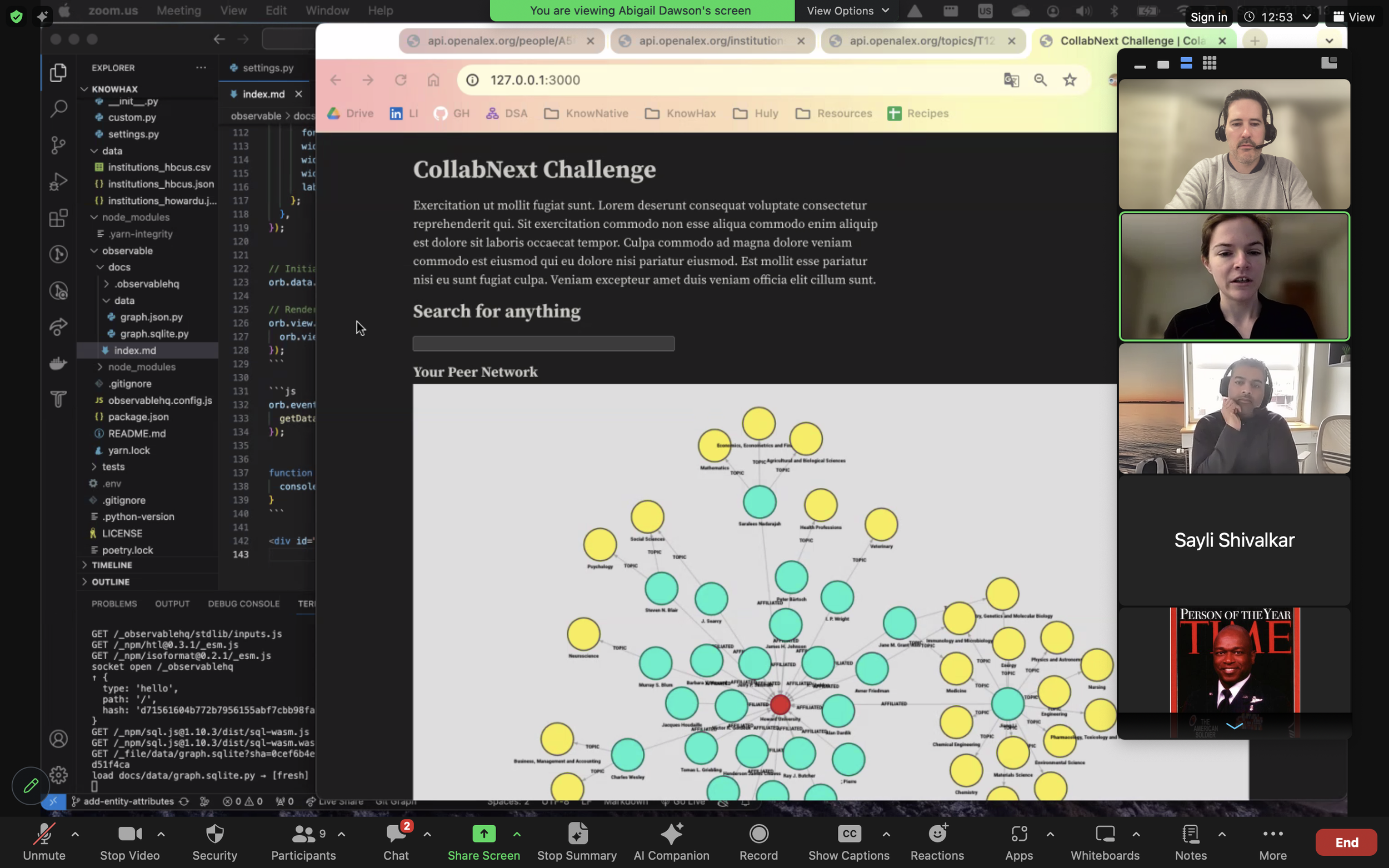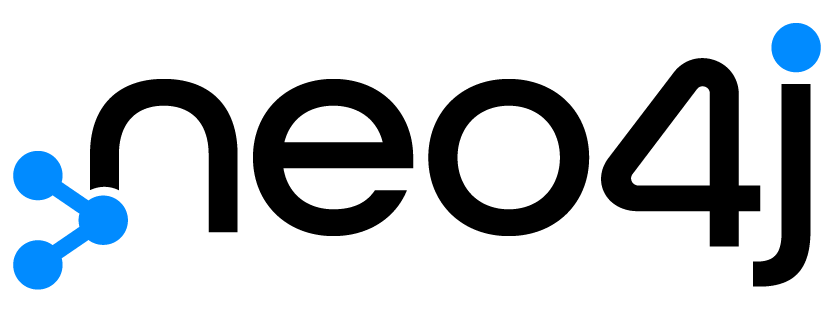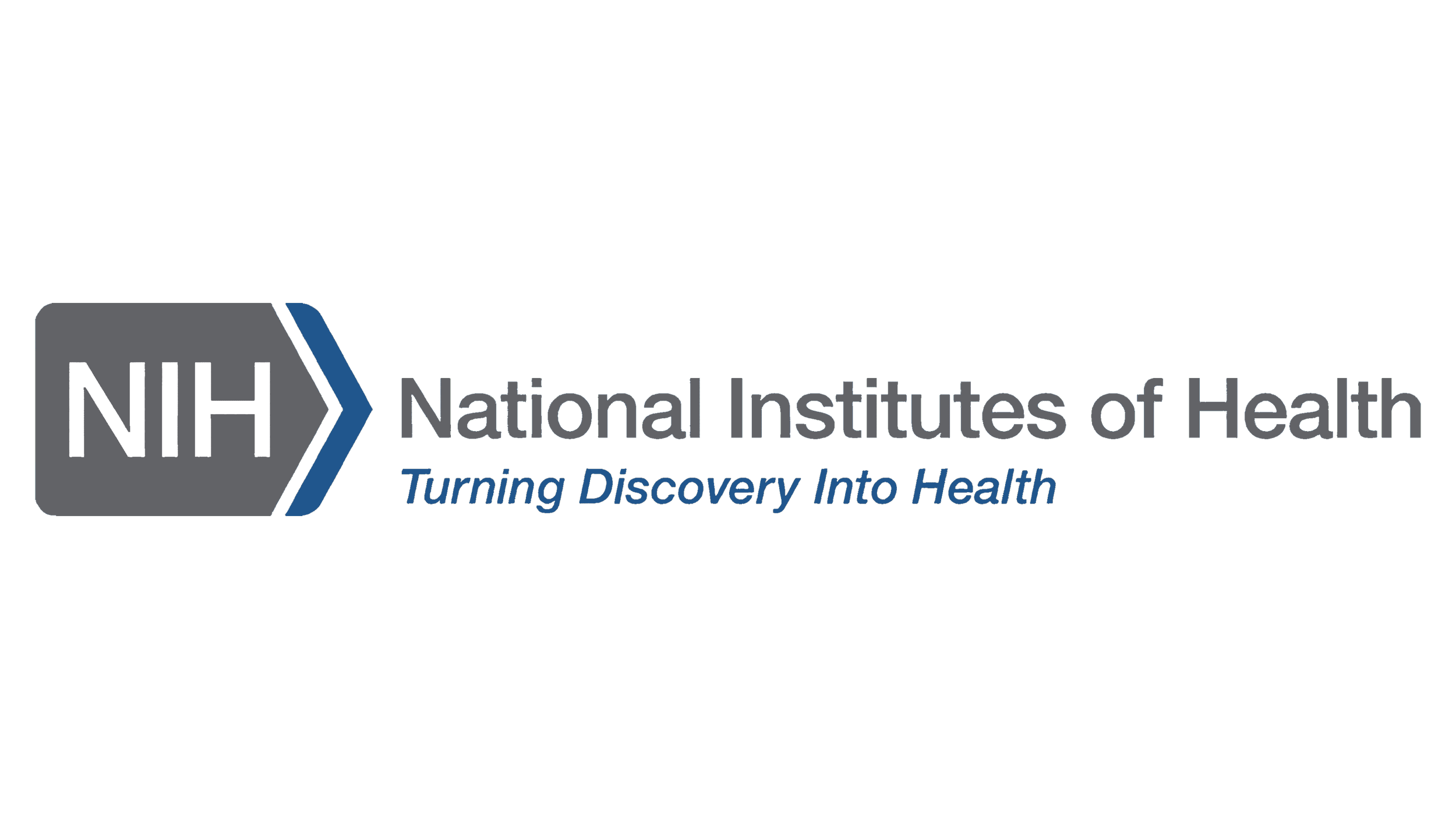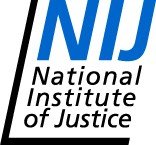
Next-Gen Hackathon for AI
Co-Create Next-Gen RAG, AI Context, and “AI Knowledge" with U.S. NSF researchers & industry leaders.
KnowHax, sponsored by the U.S. National Science Foundation and the Knowledge Graph Conference (NYC, each year in May), is hosting a series of next-gen “hackathons” and “hacknights”.
>>> Address some of society’s most pressing challenges
>>> Effectively learn a new, fast-growing way to build Agentic AI, RAG, Context Engineering, or “AI Knowledge”!
The tech you’ll work with - directly or indirectly depending on challenges - is called “Knowledge Graphs”. It is pushed by the US NSF over a 3 year program called “Proto-Open Knowledge Networks”.
It’s the right time, now. It’s the inflexion point for a new AI discipline called “Semantic Science”. Anyone can find their place in this new ecosystem, from data structuration to app development, to visualization, to business cases communication. In the Bay, word is: interns quickly get jobs in their teams with these skills.
Cash Prize Pool
for Best Team, Second Team, Third Team,
and Best Knowledge Graph Developer.
$10,000
And:
Free / discounted KG education worth thousands of dollars.
Recruiters from large companies like Microsoft, AWS, Accenture, Bloomberg, & many others.
Network for resources, support, and access.
Join us on November 22-23.
Or for a “Hacknight”.
Learn Knowledge Graphs - the key to Context Engineering. Free KGC Education Program (Value $2,500 per month). Pay $50 for the Certificate.
Kickstart or boost your career with experts as you co-build prototypes, solve challenges with Knowledge Graphs or App prototypes, and show your badges & achievements on Talent Pages!
Innovate with AI. Support your company’s own AI performance and innovation through AI Context Engineering.
Participants, Mentors, Sponsors:
Register now to secure your place on the Challenge of your choice.
A Next-Gen Co-Creation Event
brought to you by the Knowledge Graph Conference and the US National Science Foundation
Partnering with the world's leading research institutions
to build the first “Open Knowledge Network”.
Impact
Solve social and environmental challenges with Knowledge Graphs, based on the following NSF “Proto-OKN” themes.
Biology and Health
The Environment
Justice
Technology and Manufacturing
Learn & Demo How you build Knowledge-Centric, Accurate AI
-

Participants
93% of attendees improve technical, teamwork, and remote communication skills
up to 90% improve their performance with subsequent interviews, or get job interviews and offers
-

Researchers
87% advanced their research faster, by 2 to 10 times, depending on the phase
25% accelerated how they transitioned their research to innovations in the marketplace
-

Mentors
Employees in AI, Data science, Data engineering, Computer engineering or domain experts give back, have fun, and learn the latest research or tools
75% come back and stay involved, and demonstrated their leadership skills
How it works.
Format: Online
Starts on: November 22, 2025, 10 am EST
Ends on: November 23, 2025, 11.59 pm EST
Other events before the hackathon to learn KGs, ramp up as a team…
Participant time required: the full weekend.
Mentor time required: 1 or 3 hours in total
Requirements:
Register for a Resource Group to get pre-selected for the hackathon
The only requirement for the pre-selection is to show up at a Resource Group Hacknight of your choice and be active there.
We are seeking participants from any background who are curious, enthusiastic, love teamwork and collaboration or love to learn, and have an interest in technology and AI. NOTE: you do not need Computer science or Data science to learn Semantic science.
-
How will the Hackathons work?
Register at app.knowhax.com by clicking the link to the challenge that interests you. In the event that the challenge is oversubscribed, please select another challenge. Communicate on the General channel or in your team channel. We will do our best to accommodate everyone!
Once your Profile is created you will choose your team and gain access to the application that will act as the project management tool for the Hackathon. There, you will access onboarding “Activities” and can chat with your team, request time with mentors, etc. Communicate early on! Check out the Calendar and Register to events within the hack.
You will receive an invitation to the kickoff event where you will meet your teams, other teams, Mentors, and experts from KGC and NSF.
Before the co-creation weekend - you can create your initial project ideas and submit them for review to a mentor. Create mentor Sessions!
Co-creation weekend - ideate, build your prototype
End date - completed Write-ups/ Demos/ Projects/ Prototypes submitted by the hackathon deadline date at 11.59 pm EST.
Live Pitch & Final Presentations are 2-3 weeks after the deadline.
Expect Feedback, Certificates, and Wrap-up calls by the end of the month after the hackathon
-
Teams will support research projects supported by KGC and the NSF to create the first Open Knowledge Network - the knowledge that future AI will leverage.
We are hosting up to 12 challenges over the 2.5-week Hackathon. Each Hackathon aligns with a specific societal challenge and teams will be working with PI’s (US NSF “Principal Investigators” researchers) throughout the Hackathon who will provide assistance and mentoring as you formulate your solutions and prototypes.
Hackathon Teams will leverage the power of Knowledge Graphs and AI Semantic Visualizations to create prototypes that democratize access to knowledge and opportunity.
The Challenges below are better defined on the registration link at app.knowhax.com
hackClimate Models - Temple University - Develop innovative tools that excel in extracting and cataloging climate science entities from a selection of critical resources.
DREAM-KG Homelessness Support - Temple University - The challenge is to revise or update the homeless resources knowledge/information from different sources (including raw datasets, knowledge graphs, etc), e.g., errors that should be corrected and outdated, knowledge that should be updated.
CollabNext - Georgia Tech - Can you map out who is working on what, and where? That is, identify researchers (who) who are working on topics (what) and with what institution (where) they are affiliated. Initially focus on HBCUs and emerging research institutions.
Secure SaaS Supply Chains - Purdue University - Design/Prototype a software dependency management and visualization tool that builds a comprehensive software dependency tree given a software product based on open-source library data from libraries.io
-
Participants create Teams. Teams tackle Challenges by proposing Solutions. Teams meet, work, network, and have fun by doing! “A rewarding experience”
-
Benefits for Challenge Participants
This is an opportunity for participants to learn more about the building blocks of AI and embark on a journey of learning and discovery while contributing to a challenge that has the potential to positively impact society.
Opportunity for all participants and mentors to learn Knowledge Graphs with the Knowledge Graph Conference’s Beta Education Program for free (Value $2,500 per month)
Collaborate with fellow participants and Researchers (PI’s) - build your network and connect with like-minded technologists and industry experts.
Build your resume - adding more skills and broader experiences can help build out your resume as you embark on your career journey, or, if you reskilling.
Recognition and Awards - get promoted on social media and featured in articles. Best Team, Best Pitch, Best individual in a skill category.
Apply Wiz for winning teams and individuals. Free 1 month linkedin connection-making or white glove job application service to boost your partnerships and career, while enabling you to focus on your portfolio (value $250/month)
-
Mentors are tech experts, or business experts, who join for 1 to 3 hours total for the whole duration of the Hack, and connect with one or more Team(s) over "Mentor Sessions".
examples:
. 1 hour = 2 × 30-minute Mentor Sessions
. 3 hours = 6 × 30-minute Mentor Sessions. -
Choose their primary goals for sponsoring, so that their organization gets the right reporting and their employees (if any) may be engaged for the proper results and KPI, as chosen by the sponsor.
Example: Innovate, Impact, Recruit, Brand, Partner...
-
Solutions are what is produced: prototypes of implementations of the research project’s knowledge graphs. These prototypes should preferably contain functional code or no-code samples, but can also consist of designs or data research.
Depending on each challenge, they are produced in open-source mode OR owned by Beneficiaries.
When submitting what you have built, you should submit a video demonstration/walkthrough:
Demos should be around 3 - 5 minutes long.
Run your application, review the key functionalities, and voice over with additional explanations.
Call out anything that is not included in the demo but was implemented and how judges can check them out.
If the app is live, or can be run locally, please include a link in the write-up so that judges can explore the app themselves
-
Participants: commitment for the full weekend.
Mentors: commitment for 1 or 3 hours total. You choose.
Sponsor admin: commitment for 1 hour of KPI sharing, 1 hour of employee invites, and as much event speaking or participation as appreciable or doable.
Beneficiaries & Ecosystem
Browse more
Ecosystem - full list
Arizona State University
Columbia University
D.D. Joint Staff – NIEM (National Information Exchange Model)
DARPA
Fisk University
Georgia State University
Georgia Tech
Insilica
Institute for Systems Biology
Kansas State University
MIT CSAIL
Morehouse College
National Institute of Justice
National Institutets of Health
National Oceanic and Atmospheric Administration
National Renewable Energy Laboratory
National Science Foundation
NCATS
NIEHS/NICEATM (National Institute of Environmental Health Sciences)
Northwestern University for Data Science
Onai
Purdue University
RENCI, UNC Chapel Hill
Roux Institute
Temple University
Texas Southern University
UC Davis
UCSF
University of Alabama Tuscaloosa
University of Central Florida
University of Cincinnati
University of Delaware
University of Maine
University of NC Chapel Hill
University of Notre Dame
University of Richmond
University of Texas Arlington
University of Virginia
USDA
USGS
Wormeli Consulting
Wright State University
Who can participate?
See all the videos! Listen to KGC and NSF leaders! learn more about the hack.
Feel free to share this short video with anyone who might want to participate! Are welcome:
AI and tech pros
Knowledge engineers
Ontologists, Taxonomists
Data scientists or engineers
Computer scientists
Web developers (full stack, front-end, back-end)
Software engineers (algorithms, any tech)
UI Designers
UX researchers, Project managers
and Domain Experts! any other non-tech skills & profiles who’d like to volunteer like marketers, customer care, and more!





















